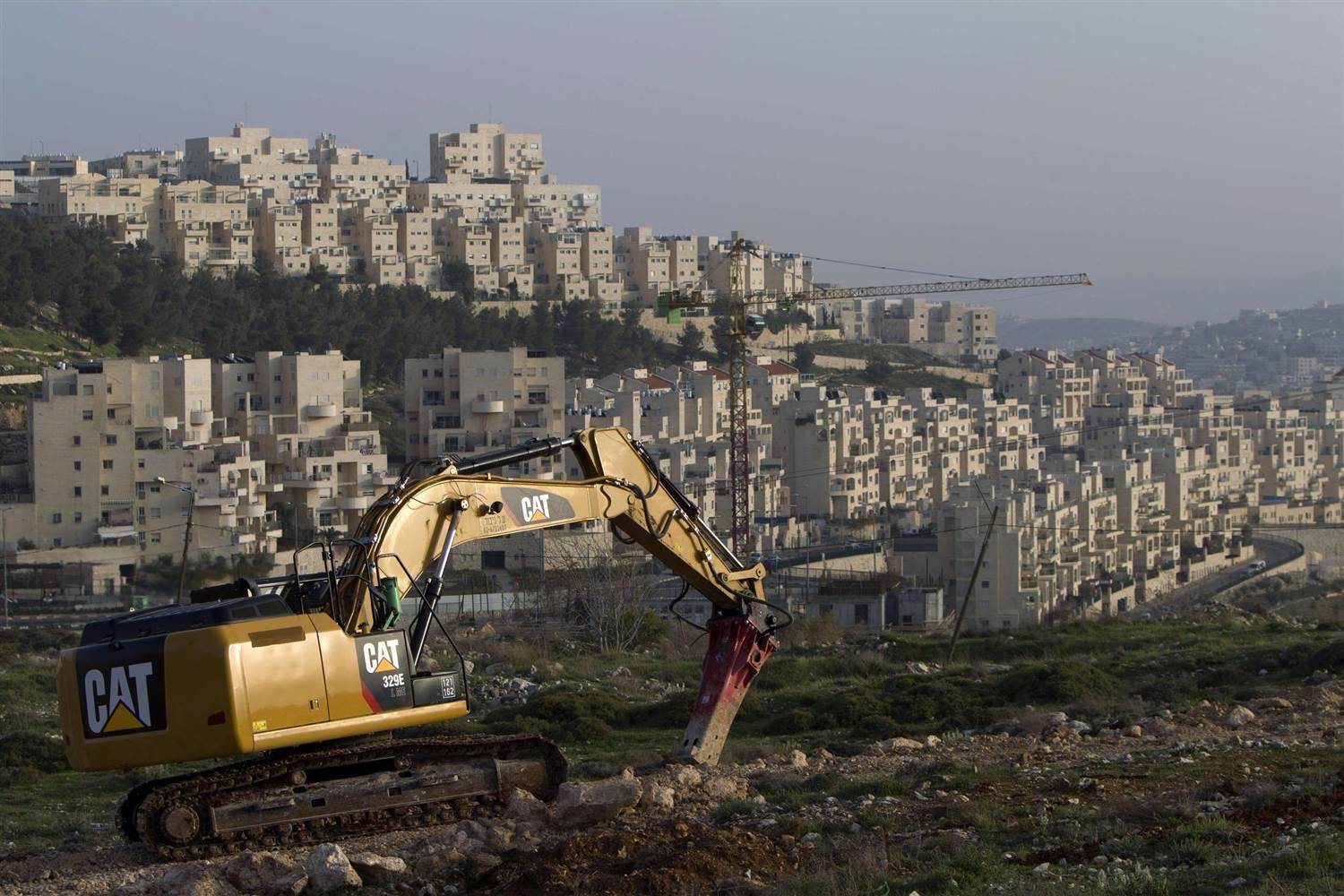Dear Michael Enright,
I listened to your interview on Sunday, February 12, 2017, with Shimon Dotan, the Israeli filmmaker who has documented the unabashed racism of bible-toting Zionist settlers in a film titled The Settlers. It was important to hear Dotan’s outrage at the lawlessness and fanaticism of such individuals who inflict the most heinous violence on Palestinians (and their sympathizers) in the name of religion.
Dotan’s comments in the mid-to-latter part of the interview were useful and refreshingly candid. But his opening remarks concerning the birth of the Israeli state betrayed his reluctance to confront, if not openly recall, Israel’s violent origins: the Zionist expulsion of 700,000 Palestinians (75 per cent of the native Arab population) from their homeland, a brutal expulsion that did not occur as the collateral damage of war — à la guerre comme à la guerre — but as the result of a premeditated plan of ethnic cleansing known as Plan Dalet.
The plan predates Israel’s war of independence and shows that its military triumph was anything but a miracle of David versus Goliath. Rather it was the result of a calculated strategy to create an ethnocratic state of Jewish majority, contingent on wiping out a substantial Arab presence from Palestine — and this through massacre and formidable expulsion: setting villages on fire, planting explosives in their midst, encircling villages militarily, and terrorizing villagers into flight through pillage and rape.
To see Israel’s birth as glorious is to hide the dark and dubious foundation of its statehood: the deliberate decimation of the indigenous Palestinian people. Close scrutiny of the archives has yielded ample evidence to support this. Indeed, the Zionist leadership not only planned this aggression, but did so with few qualms. As early as 1938, David Ben-Gurion openly declared to the Jewish Agency Executive: “I am for compulsory transfer; I do not see anything immoral in it.”
Yosef Weitz, head of the Jewish National Fund’s Settlement department, was equally intent on “purging” Palestine of its native inhabitants. On December 31, 1947, he asked: “Is it not now the time to get rid of them?”
Ten years earlier, in a meeting with the Transfer Committee on November 15, 1937, he declared:
“the transfer of the [Palestinian] Arab population from the area of the Jewish state does not serve only one aim — to diminish the Arab population. It also serves a second, no less important, aim which is to advocate land presently held and cultivated by the [Palestinian] Arabs and thus to release it for Jewish inhabitants.”
The word “transfer” can be read as an opaque euphemism for the atrocities of expulsion, and it applies as much to the present as to the past. For the ghost of 1948 still stalks Palestine. Today it comes in regular visitations and shape-shifting forms to the West Bank in daily demolitions of Palestinian homes and in unbridled settler violence.
To be sure, on the current Settler question, Dotan’s comments were apt. He admitted to the illegality of the settlements and to the settlers’ brutality. But his outrage at the settlers’ aggressive and expansionist actions seemed narrowly limited to the post-1967 epoch.
The violent Settler racism witnessed today has its origins in the mentality of the early Zionists. From the start, Israel was a settler-colonial project in which much of Palestine was confiscated by force, and by an ideology of might over right. Given this, should Dotan not track back to the state’s incipient moment and question the entirety of its legitimacy?
To worry now that Israel’s legitimacy is under dire threat is to forget the horrific foundations on which it proclaimed its statehood in the first place. To turn one’s eyes away from the anti-Arab racism that underpinned the emergence of 19th-century Zionism, and marked its consecration in 1948 is to preserve a flagrant myth: that is, that the conception and birth of Israel’s statehood was moral and benign, unsullied by its crimes against humanity. The preservation of such a fallacy forecloses any hope for peace, justice, and resolution to the Israeli-Palestinian conflict.
Sincerely,
Michelle Weinroth
Michelle Weinroth is a member of Independent Jewish Voices Canada. She is based in Ottawa.



